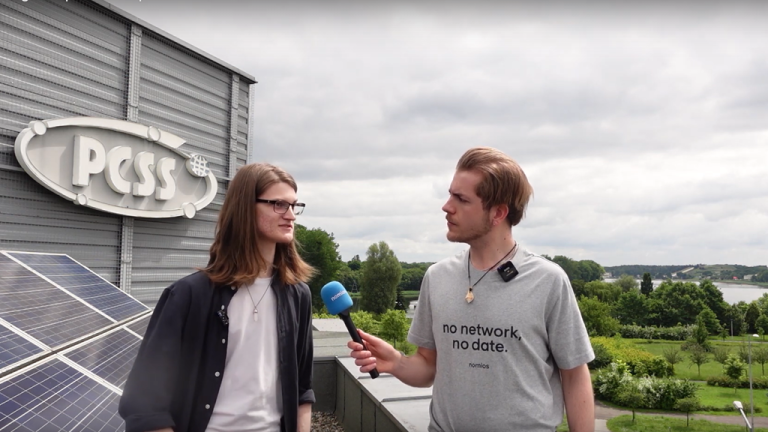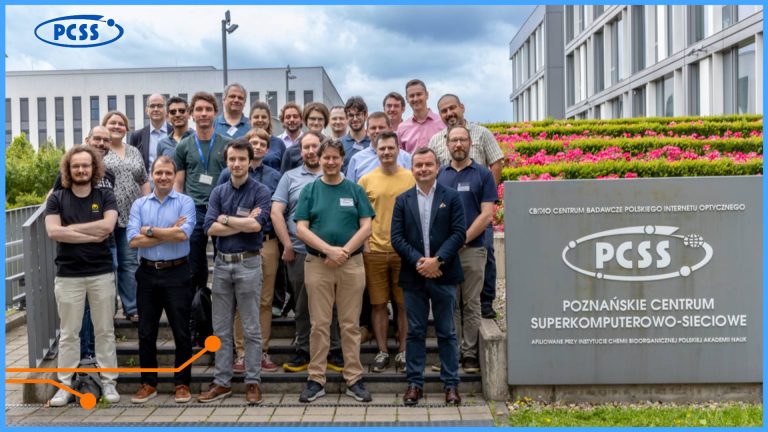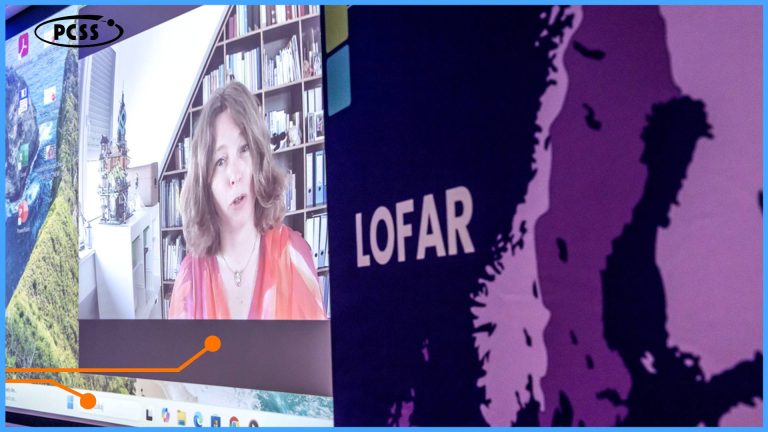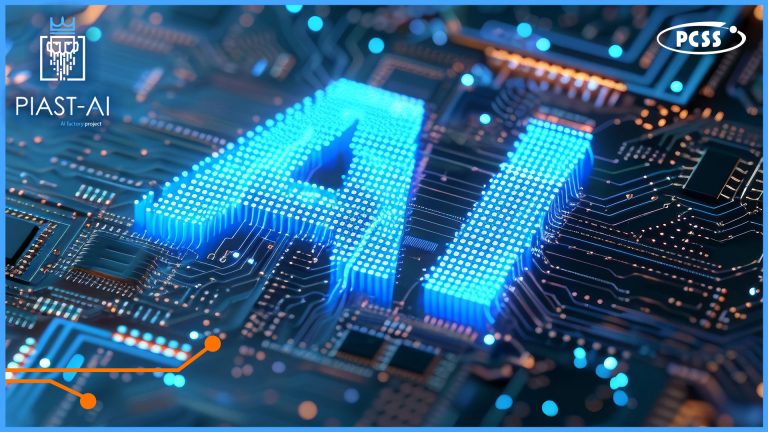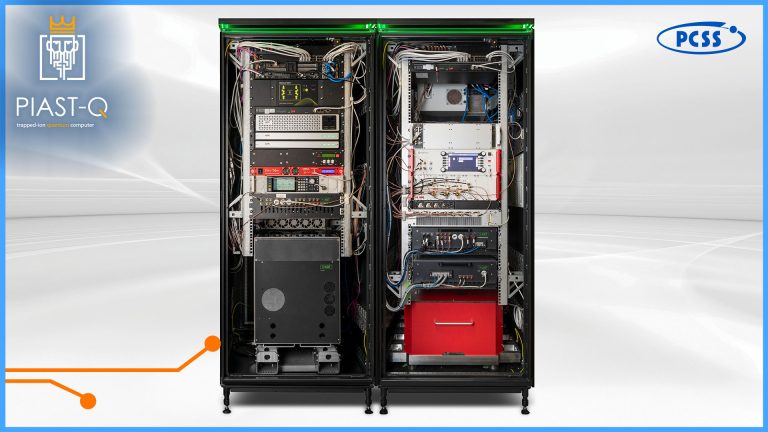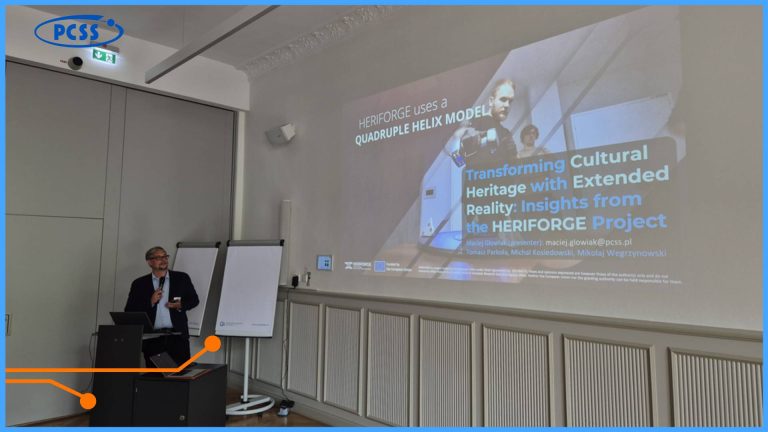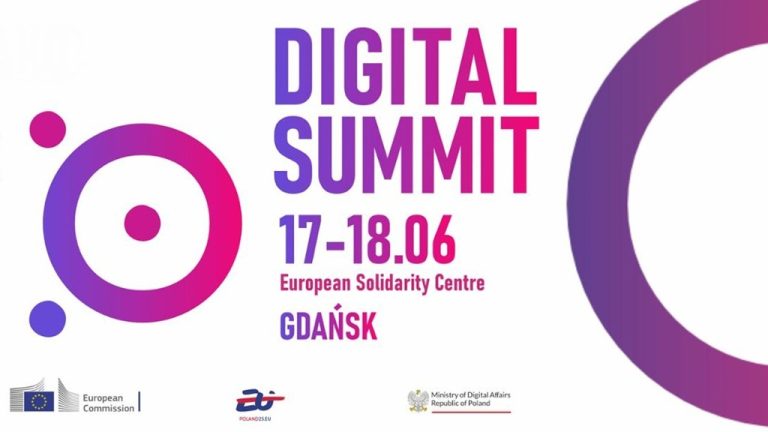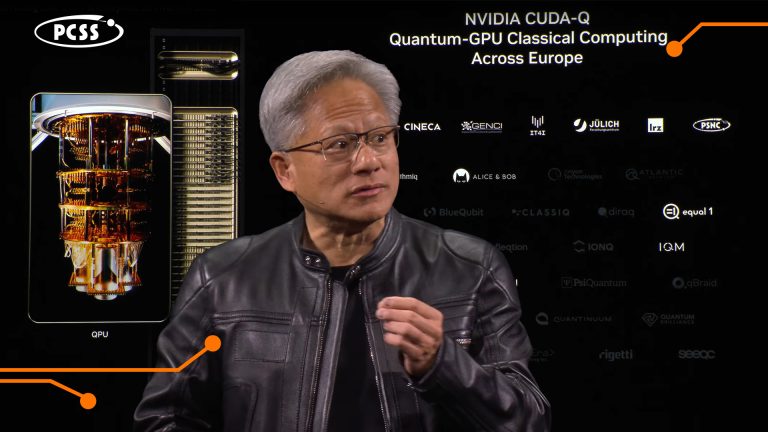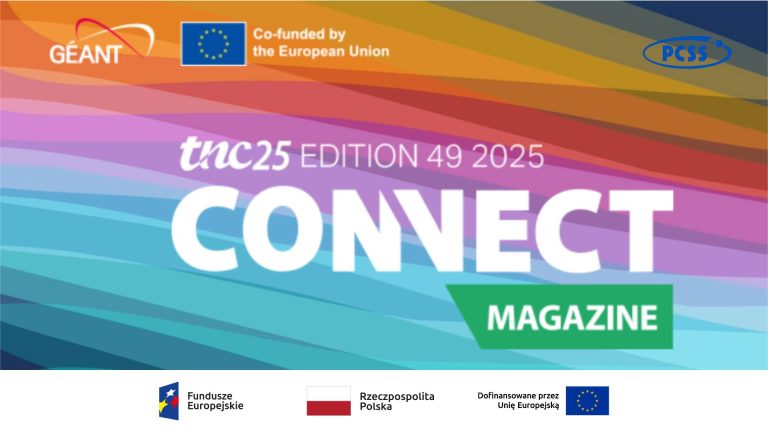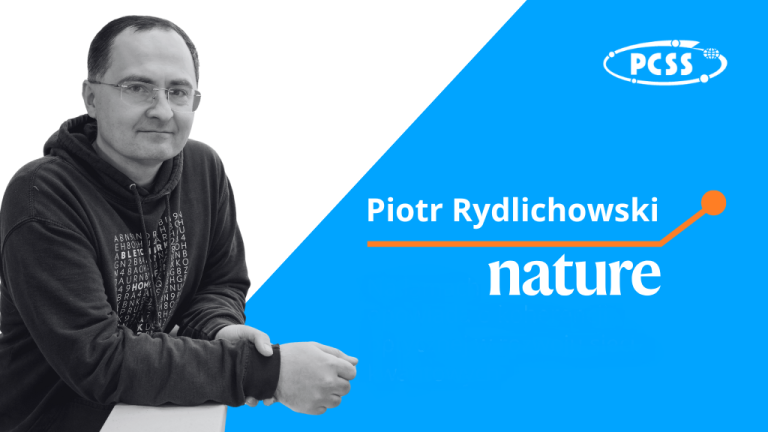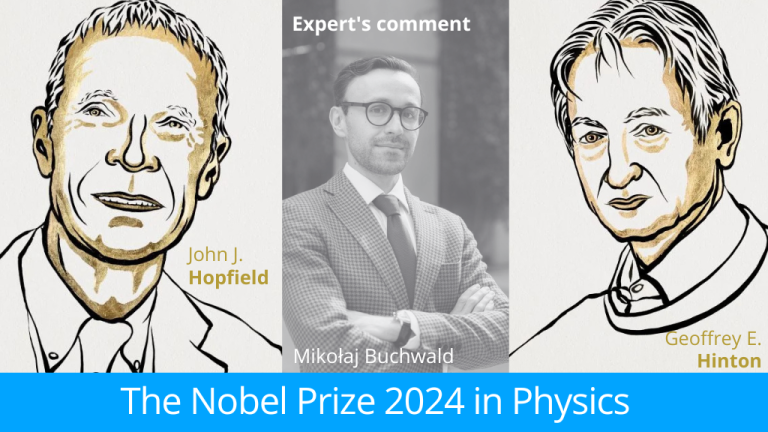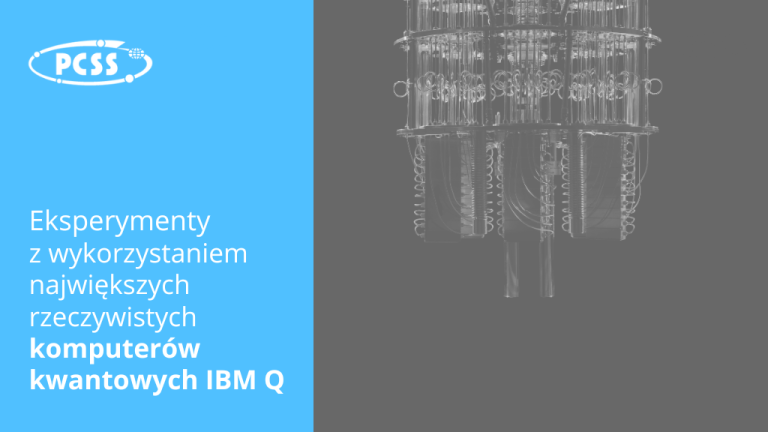In February 2022, the Poznan Supercomputing and Networking Center (PSNC), affiliated with the Institute of Bioorganic Chemistry of the Polish Academy of Sciences, became the first institution in Central Europe to join the IBM Quantum Network. Now, by signing a membership agreement with PSNC, the Adam Mickiewicz University in Poznan is joining the IBM Quantum Innovation Center at PSNC.
– Our assumption from the beginning of the project was to strengthen national competences in the field of quantum technology and support the development of applications of this modern technology. As part of the existing funding, access to IBM quantum computers over the cloud was provided, on which computational experiments in various areas of scientific challenges were launched – states Minister Janusz Cieszyński, Secretary of State at the Chancellery of the Prime Minister.
This fact was preceded by a period of experiments carried out in cooperation with PSNC, thanks to funding from the Chancellery of the Prime Minister, which, apart from access to the largest quantum computer, also included the preparation and substantive support of the teams.
The aim of the experiments conducted by UAM teams led by dr hab. Karol Bartkiewicz, prof. UAM is to identify application areas for quantum computers. – Three main groups can be distinguished, i.e. quantum simulators (mainly physics and chemistry), artificial intelligence and optimization. All these groups are essential for the development of science and the economy. The areas of basic and applied research in which quantum computers are seen to be used are new materials – batteries, defect detection, semiconductor materials, predicting chemical properties, discovering new drugs, designing chemical products. There are also challenges related to new catalysts, optimization of chemical processes, classification in high energy physics, classification of financial transactions, product recommendations, and fraud detection. Personally, I am most interested in the possibility of modeling complex quantum open systems, which can lead to the creation of, for example, new sensors with increased accuracy – explains prof. Bartkiewicz.
Another fundamental application giving an advantage in running quantum machine learning algorithms is their ability to learn concepts of a quantum nature, which is practically unattainable for classical machines. Using access to quantum computers by a team from the University of Adam Mickiewicz, experiments with generative models of quantum states QGAN (Quantum Generative Adversarial Network) and SQGEN (Synergic Quantum Generative Network) were carried out.
– Obtaining by the Poznań Supercomputing and Networking Center a modern, first in Central and Eastern Europe quantum center, being included in the IBM Quantum Network, has also benefited the Poznań scientific community. The proof of this is the agreement signed today and the addition of the Adam Mickiewicz University to PSNC’s IBM Quantum Innovation Center. I was convinced of this already in February this year, when PSNC gained access to the computing power of a quantum computer. Technologies will not develop without cooperation between units, which is why UAM is very happy to join the project. In the era of high cybercrime threat, cooperation and high expenditures on research and development in this area are necessary, emphasizes the Former Deputy Prime Minister and Minister of Development, Jadwiga Emilewicz.
– Interest in joining the IBM Quantum network and using quantum computers is also signaled by other Polish scientific institutions. New quantum algorithms are being developed in combinatorial optimization and their applications in scheduling problems, as well as quantum algorithms in logistics and storage problems – announces the Deputy Director of PSNC, Krzysztof Kurowski, PhD.
Other institutions and business entities are also interested in cooperation within PSNC’s IBM Quantum Innovation Center.
About access to IBM Quantum computers
In the first few months of operation of the Polish Quantum Computing Center, over 2 billion quantum circuits were performed on various IBM Quantum computers and over 17,000 computational tasks were performed. From the moment of launching access to IBM Quantum computers, users can obtain technical and substantive support in the field of experiments carried out on the remote infrastructure of IBM Quantum computers. The appointed national support team, together with the IBM teams that create packages of open source Qiskit software, is able to effectively help users in the design, implementation and test run of quantum algorithms. Full support for users is also offered at the stage of computational experiments conducted on various IBM Quantum computers, along with the necessary assistance at the stage of verification and analysis of the results obtained. The Polish Quantum Computing Center also offers a number of administrative tools that allow users to monitor the state of utilization of quantum computer resources, including the number of circuit launches on IBM Quantum computers, the average waiting time of computational tasks and the time of using IBM Quantum computers. Polish users also have the option of booking exclusive quantum computers . This resource reservation enables them to conduct much more advanced and more taxing quantum computing experiments, without having to put computational tasks in the queue of a quantum computer. In addition, users also have constant access to quantum computer simulators running on the classical supercomputer architecture, thanks to which it is possible to verify the results of their experiments using both ideal and noisy simulations of quantum computing.
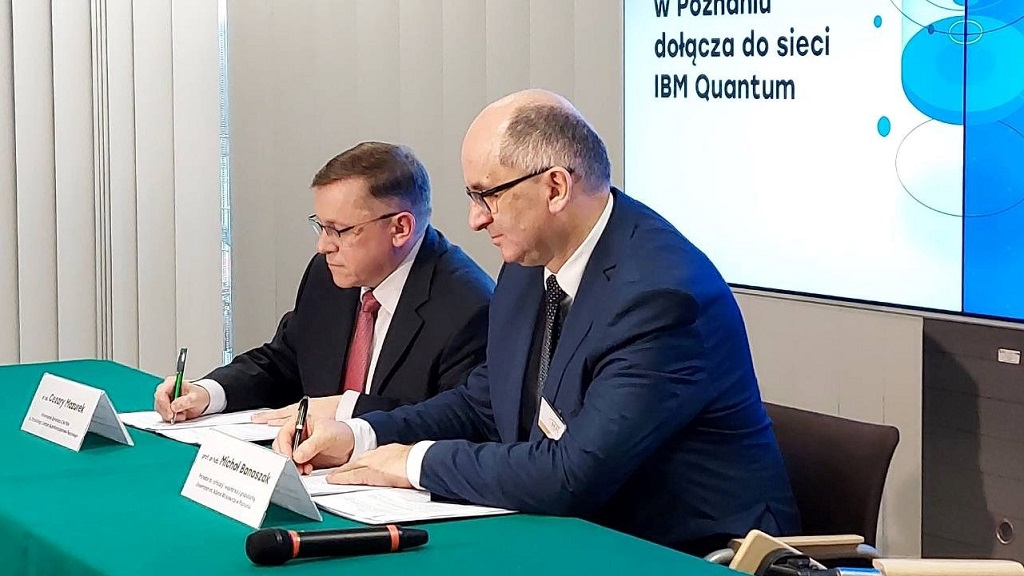
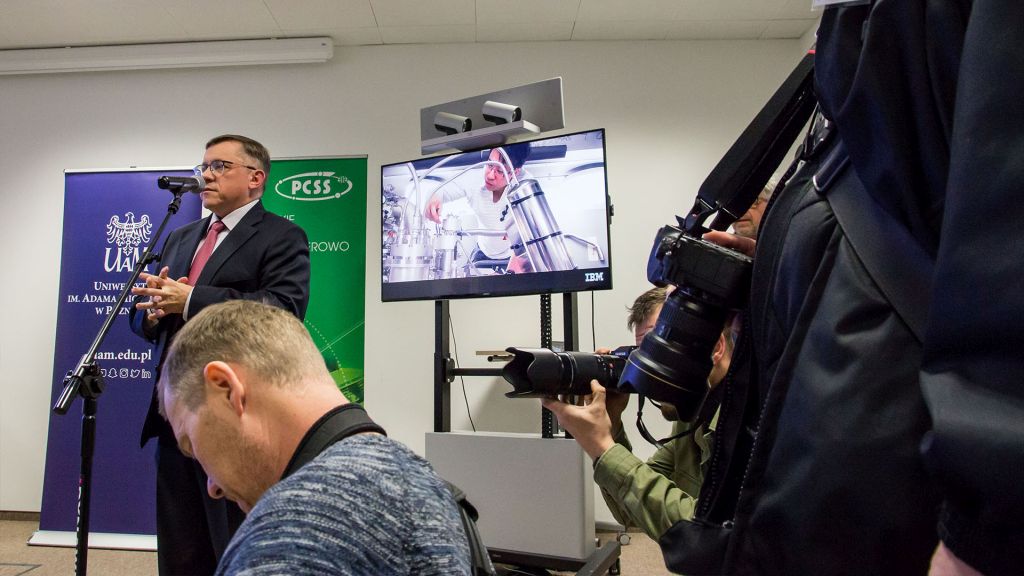
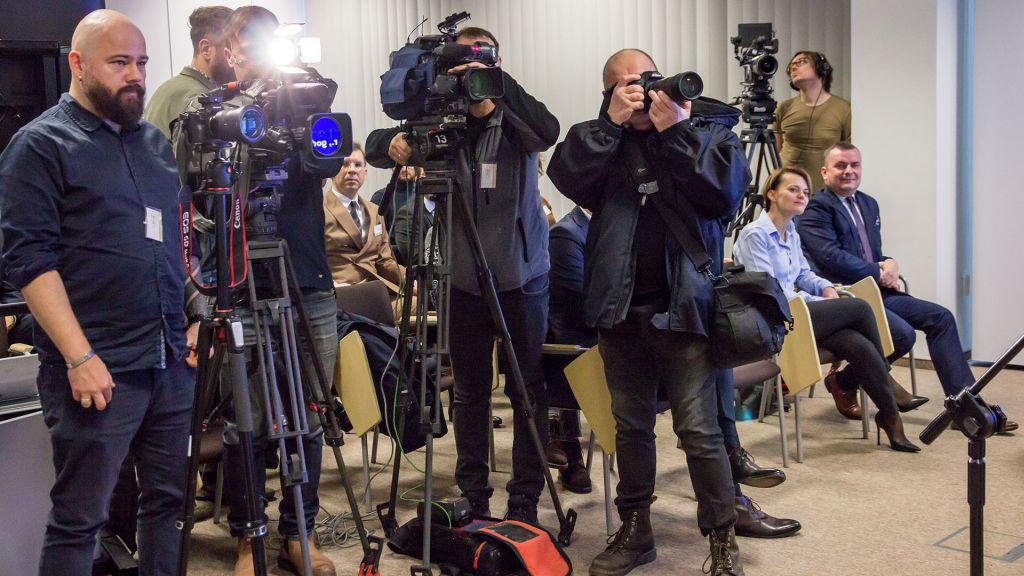
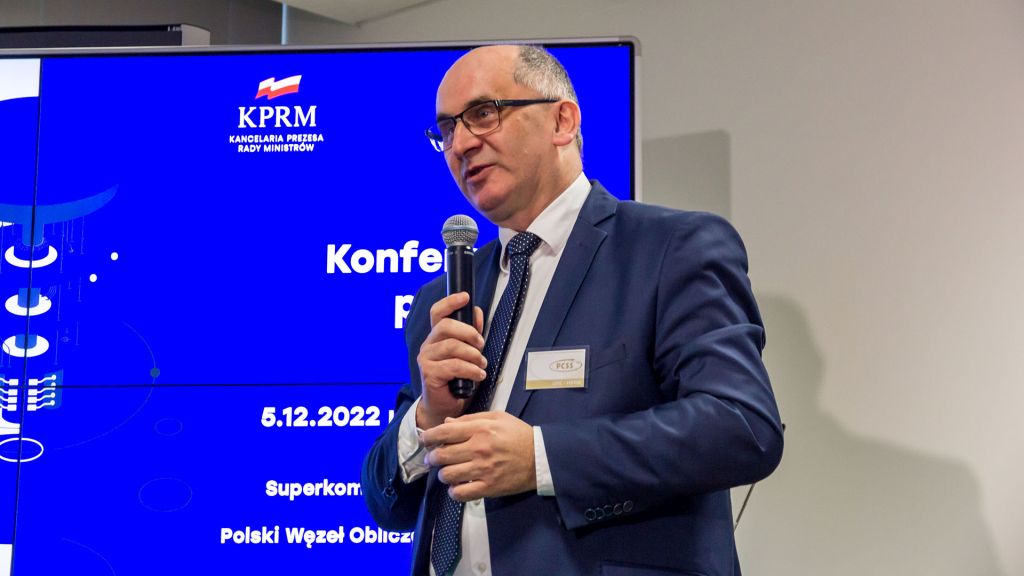
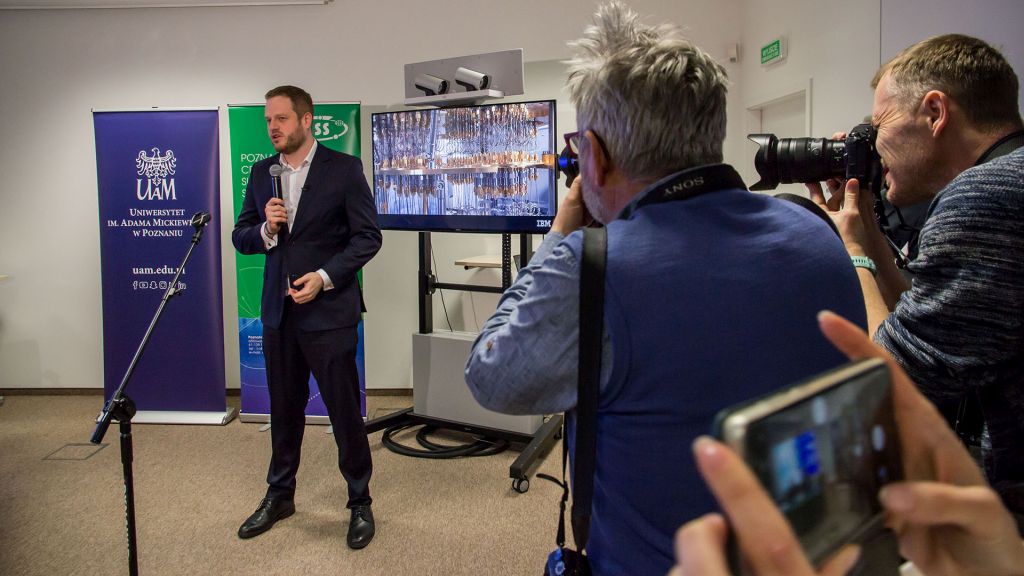
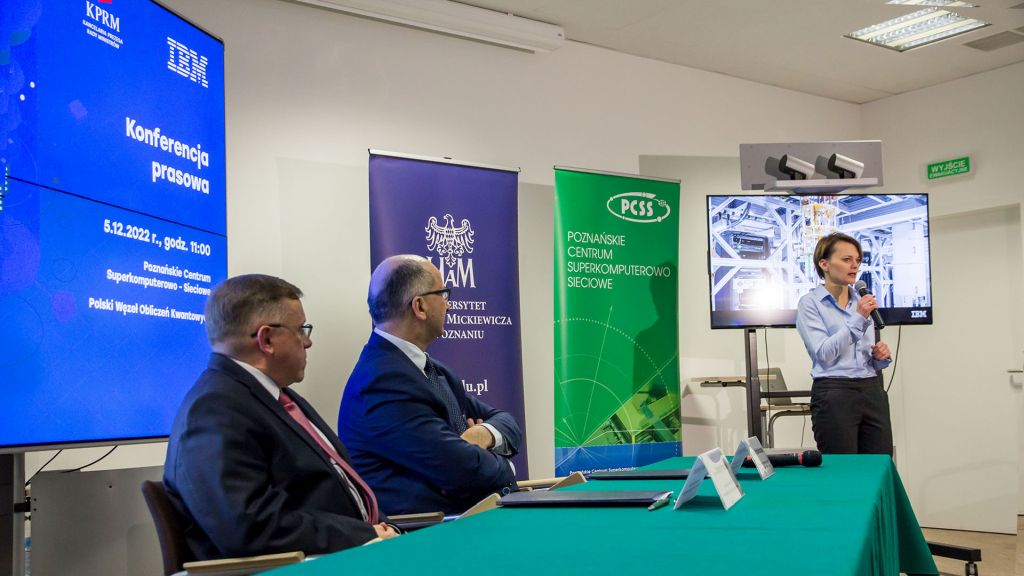
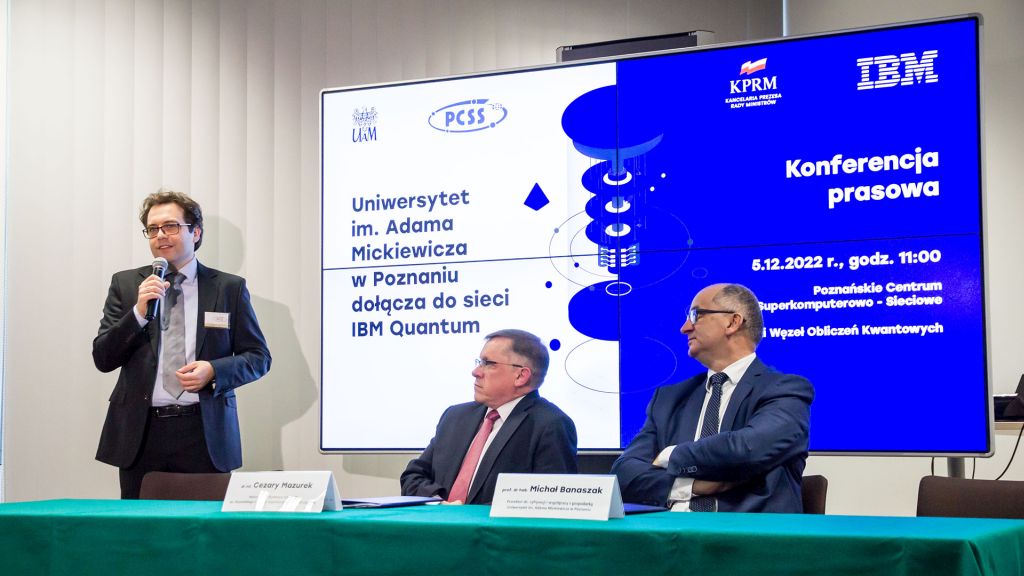
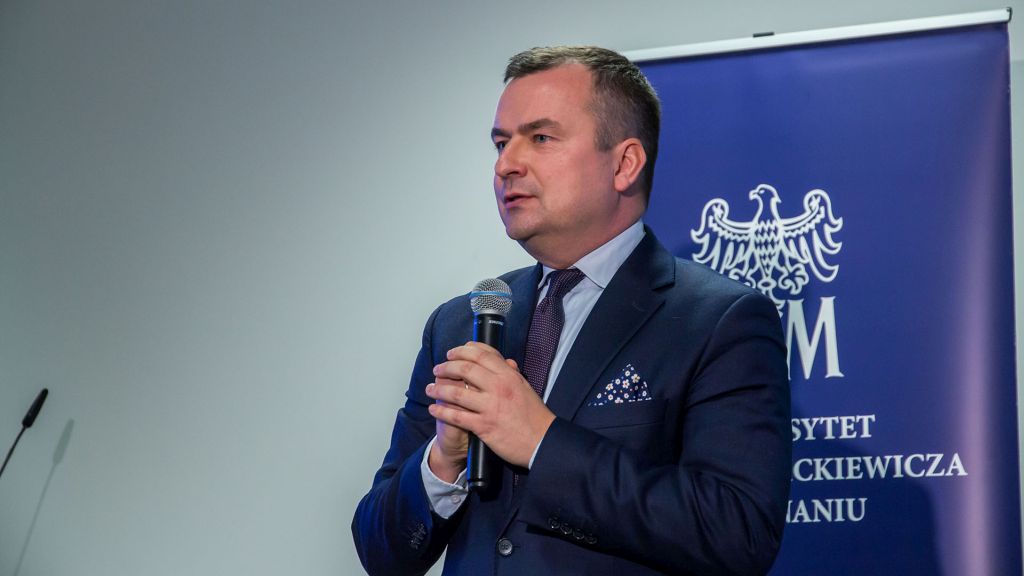
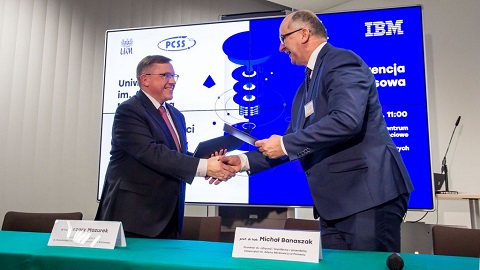
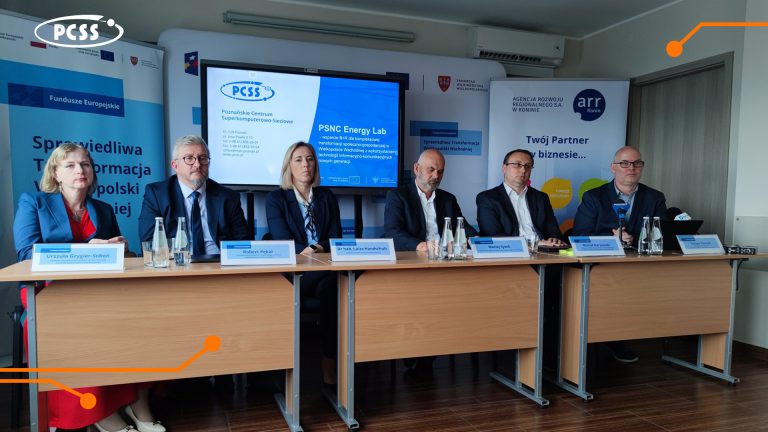
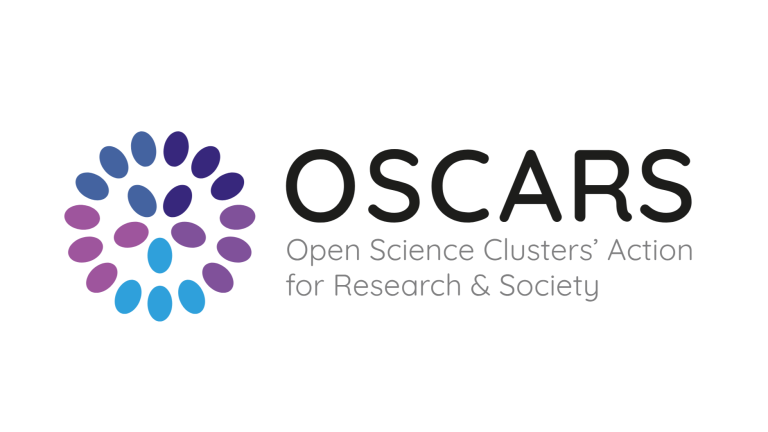

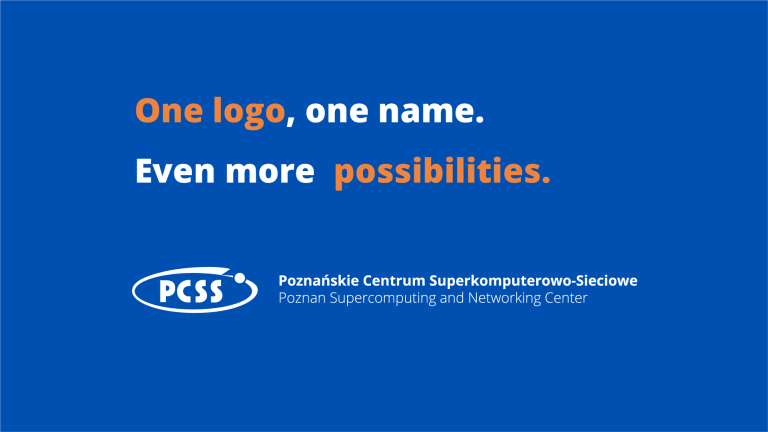
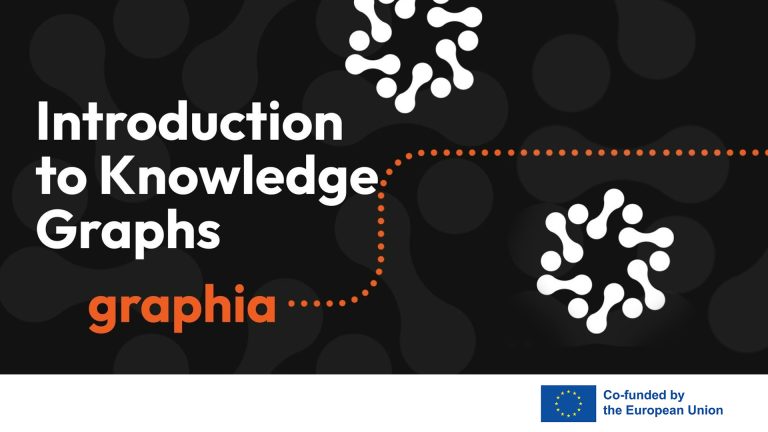
![The image displays the word "LUMEN" in a stylized, outlined font, with different letters connected by lines and arrows to various academic disciplines. The letters "L" and "U" on the left are linked to "Mathematics [Maths]" and "Social Sciences and Humanities [SSH]," while the letters "M," "E," and "N" on the right are associated with "Earth System Science [ESS]" and "Molecular Dynamics [MD]." The overall design suggests an interconnectedness of these fields, potentially illustrating the interdisciplinary nature of something represented by "LUMEN".](https://www.psnc.pl/files/2025/05/lumen2_EN-768x432.jpg)

